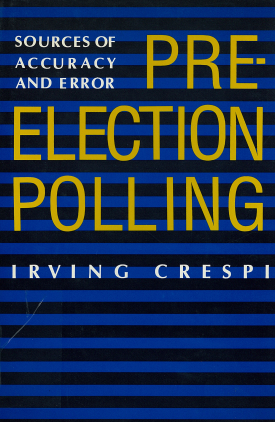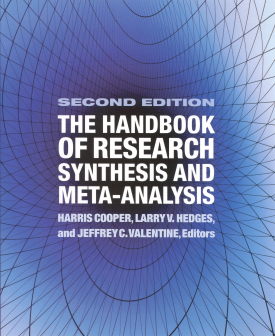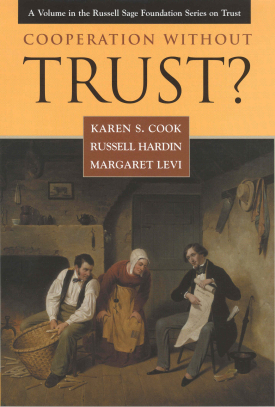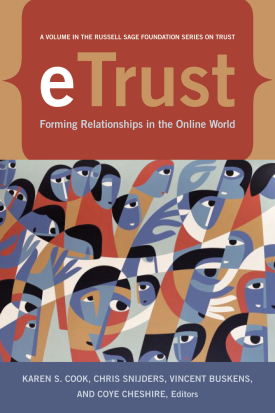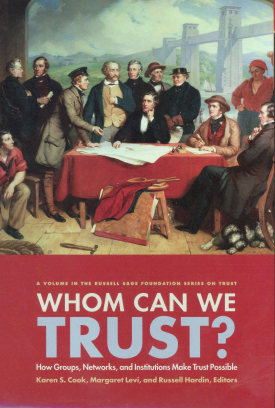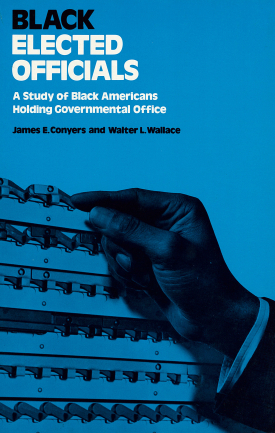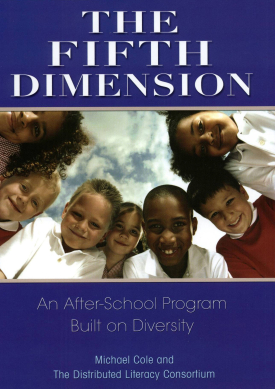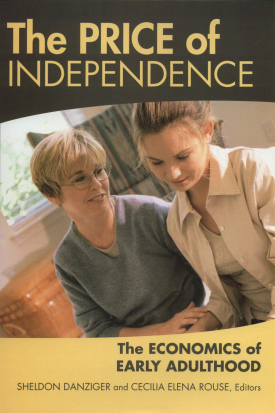
The Price of Independence
About This Book
More and more young men and women today are taking longer and having more difficulty making a successful transition to adulthood. They are staying in school longer, having a harder time finding steady employment at jobs that provide health insurance, and are not marrying and having children until much later in life than their parents did. In The Price of Independence, a roster of distinguished experts diagnose the extent and causes of these trends.
Observers of social trends have speculated on the economic changes that may be delaying the transition to adulthood—from worsening job opportunities to mounting student debt and higher housing costs—but few have offered empirical evidence to back up their claims. The Price of Independence represents the first significant analysis of these economic explanations, charting the evolving life circumstances of eighteen to thirty-five year-olds over the last few decades. Lisa Bell, Gary Burtless, Janet Gornick, and Timothy M. Smeeding show that the earnings of young workers in the United States and a number of industrialized countries have declined relative to the cost of supporting a family, which may explain their protracted dependence. In addition, Henry Farber finds that job stability for young male workers has dropped over the last generation. But while economic factors have some influence on young people’s transitions to adulthood, The Price of Independence shows that changes in the economic climate can not account for the magnitude of the societal shift in the timing of independent living, marriage, and childbearing. Aaron Yelowitz debunks the myth that steep housing prices are forcing the young to live at home—housing costs actually fell between 1980 and 2000 once lower interest rates and tax subsidies are taken into account. And Ngina Chiteji reveals that average student loan debt is only $3,500 per household. The trend toward starting careers and families later appears to have more to do with changing social norms, as well as policies that have broadened access to higher education, than with changes in the economy.
For better or worse, the current generation is redefining the nature and boundaries of what it means to be a young adult. The Price of Independence documents just how dramatically the modern lifecycle has changed and offers evidence as an antidote to much of the conventional wisdom about these social changes.
SHELDON DANZIGER is Henry J. Meyer Distinguished University Professor of Public Policy and codirector of the National Poverty Center at the Gerald R. Ford School of Public Policy at the University of Michigan.
CECILIA ELENA ROUSE is the Theodore A. Wells Professor of Economics and Public Affairs at Princeton University.
CONTRIBUTORS: Sofya Aptekar, Lisa Bell, Gary Burtless, Ngina S. Chiteji, Henry S. Farber, Maria D. Fitzpatrick, Janet Gornick, Melanie Guldi, Carolyn J. Hill, Harry Holzer, Helen Levy, Katherine Newman, Marianne E. Page, Steven Raphael, Timothy M. Smeeding, Ann Huff Stevens, Sarah E. Turner, Aaron S. Yelowitz.
A Volume in the Multi-City Study of Urban Inequality

